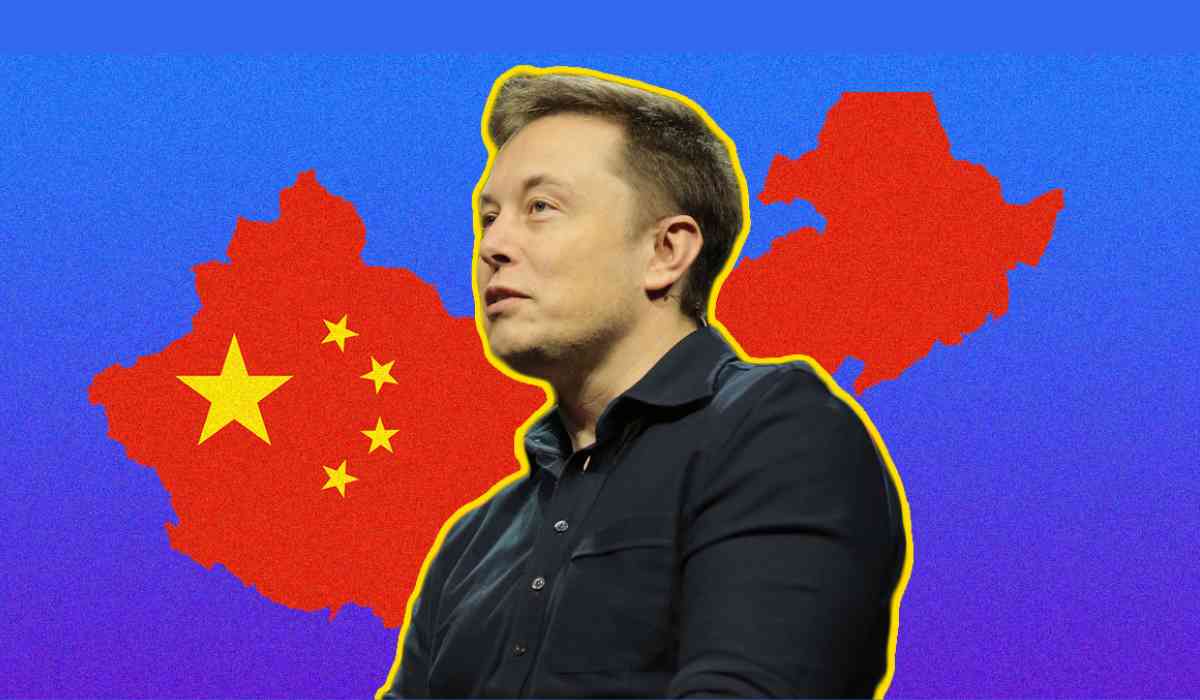Elon Musk, the man of unexpected plans, pulled a surprise move by jetting off to China to hobnob with Premier Li Qiang. Just a week ago, he ghosted India, where he was supposed to have chai with PM Modi, blaming it on "very heavy Tesla obligations."
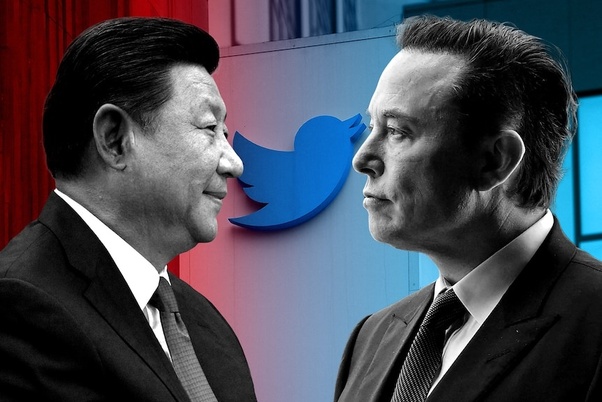
Musk had initially postponed his India trip citing urgent matters at Tesla but expressed his intention to visit later in the year. The India visit was supposed to coincide with the country's elections, during which Musk planned to announce significant investments in an electric car facility and his Starlink project.
In China, Musk's visit coincided with a challenging period for Tesla, marked by a decline in electric vehicle sales prompting cost-cutting measures, including a reduction in the global workforce by over 10%. Premier Li warmly welcomed Musk in Beijing, showcasing China's openness to foreign businesses and praising Tesla as a successful example of collaboration between China and the US. Li's positive remarks were seen as an endorsement of Tesla and the broader China-US trade partnership.
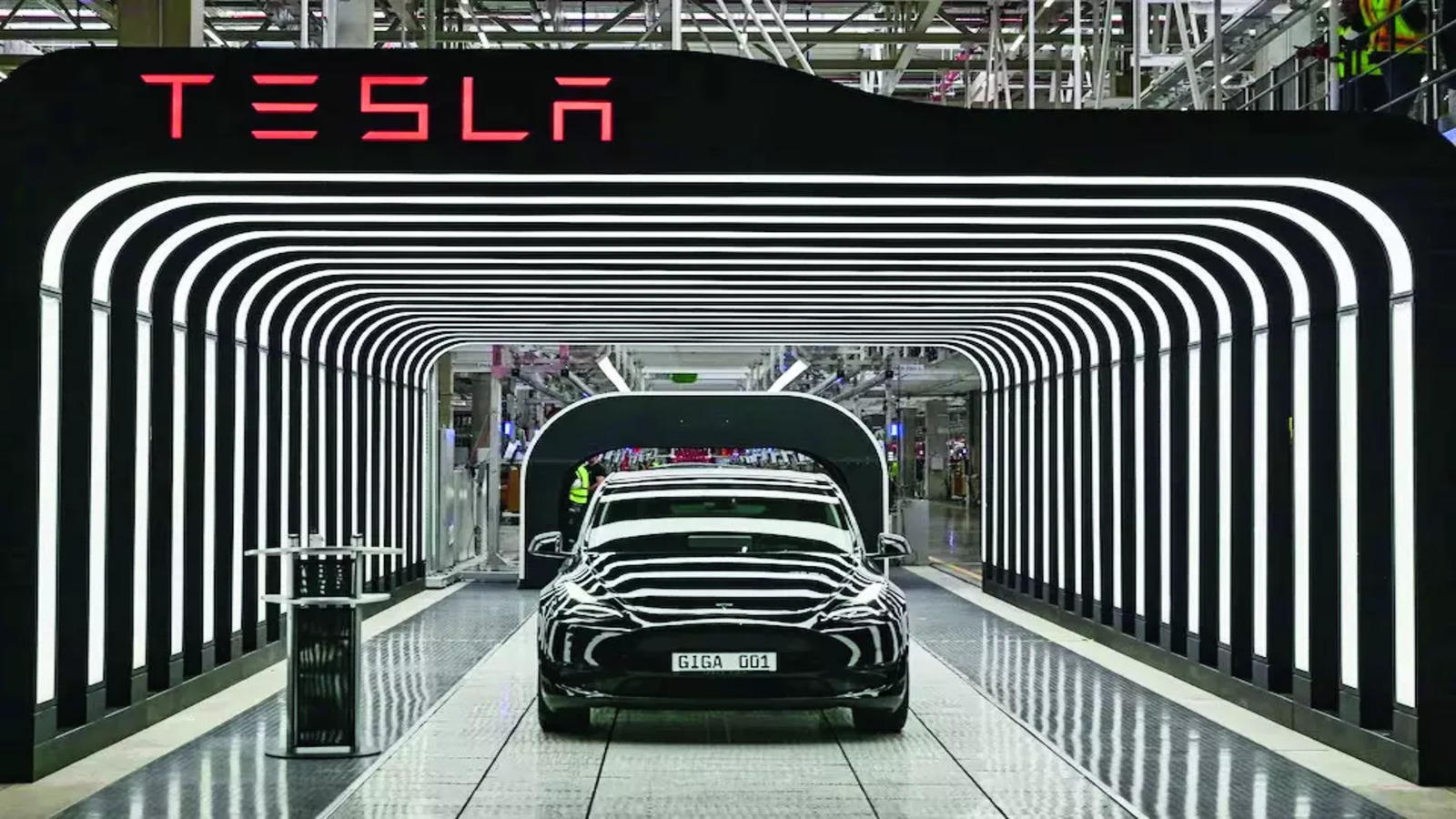
Musk's Mission in China
- Elon Musk's entry into China through Tesla has reshaped the global electric vehicle (EV) landscape, exerting substantial influence on both the Chinese market and the EV sector worldwide. Initially, Musk enjoyed a privileged position, gaining access to key decision-makers and driving policy alterations beneficial to Tesla.
- Securing Tesla's foothold in China, Musk received significant incentives, including policy adjustments and access to low-interest loans. These concessions proved vital for establishing the Shanghai plant without a local partner, a rare feat for foreign enterprises in China.
- Nonetheless, Tesla's triumph in China has engendered heightened competition and scrutiny. While Musk played a pivotal role in fostering China's EV industry, he inadvertently bolstered his competitors, presenting challenges for Tesla in a market it helped invigorate. The reliance on the Chinese market for a substantial portion of Tesla's production and profits renders Musk's pro-China stance both a strategic necessity and a potential vulnerability.
- Ahead of meeting Premier Li, Musk engaged in discussions with Ren Hongbin, signaling Tesla's keen interest in closer collaboration with Chinese authorities and industry stakeholders.
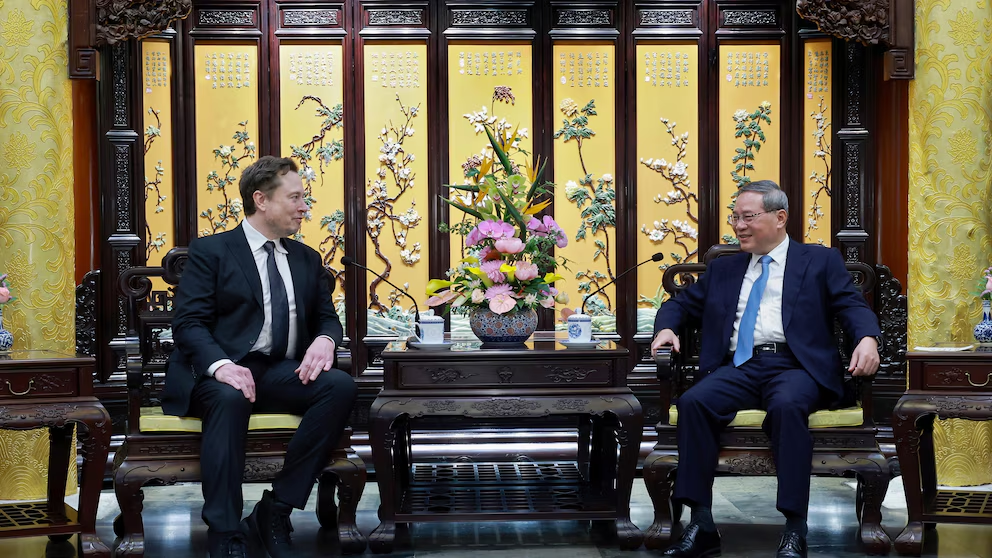
What they are saying?
- A report highlights the intertwining of Musk's wealth with Tesla's Shanghai facility, now surpassing the company's Californian plant in both scale and productivity, responsible for a majority of Tesla's global deliveries and profits.
- During an online dialogue with two members of Congress in July, Musk identified himself as "kind of pro-China," as noted in report.
- A report underscores Musk's conspicuous endorsement of China's ruling Communist Party, contrasting sharply with his maverick persona in the US, where he has clashed with regulatory bodies and publicly critiqued President Biden.
- According to reports, Musk expressed admiration for China's economic strides on Twitter in July, describing China's economic prosperity, particularly in infrastructure, as "truly amazing."
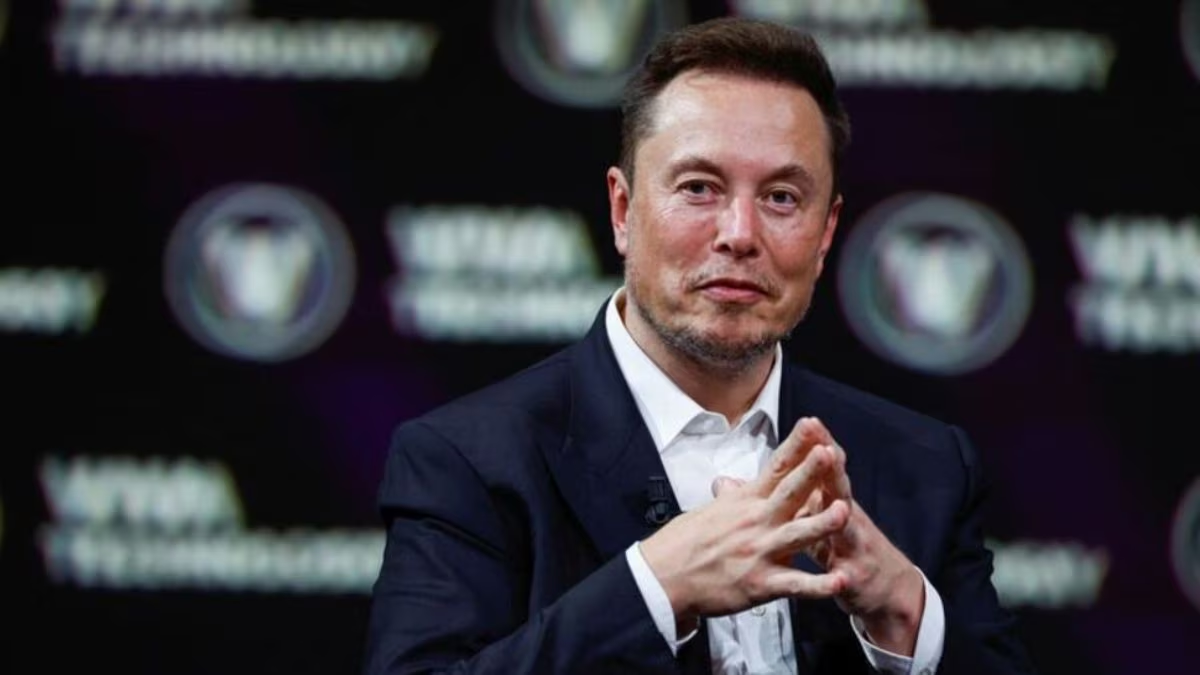
Why it matters?
- Tesla's triumph in China presents a double-edged sword. While the Shanghai facility has emerged as a linchpin, accounting for the majority of Tesla's global deliveries, it has also rendered Musk susceptible to Chinese influence.
- Musk's favorable remarks about Chinese leaders and alignment with China on sensitive issues like Taiwan may serve as a strategic maneuver to nurture amicable relations and safeguard Tesla's interests in the Chinese market.
- This scenario is particularly concerning given Musk's involvement in SpaceX, which manages sensitive US national security contracts.
- Musk's ties to China have drawn scrutiny in Washington, with President Biden acknowledging in November 2022 that his foreign connections warranted examination.
- Musk serves as a diplomatic counterpoint for China against the stern rhetoric from US officials, exemplified during Secretary of State Antony Blinken's recent visit.
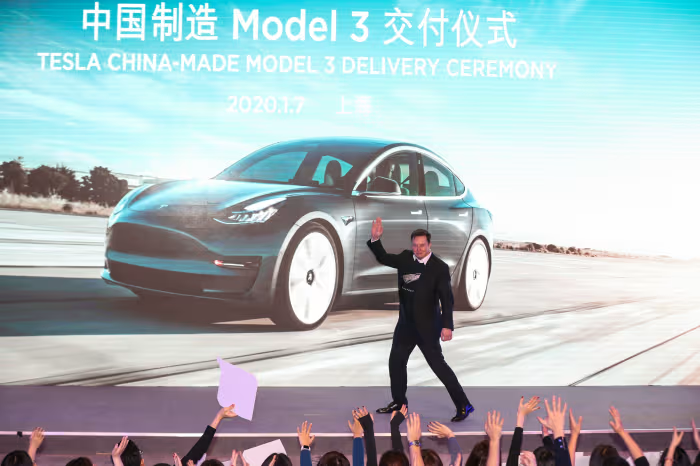
The big picture
- Musk's deepening engagement with China mirrors a broader pattern observed among American tech titans leveraging China's expansive market and manufacturing capabilities, albeit becoming increasingly reliant on Chinese policies and economic dynamics.
- This dependency poses a significant challenge for Tesla, which views the Chinese market as a primary growth engine while grappling with escalating geopolitical tensions.
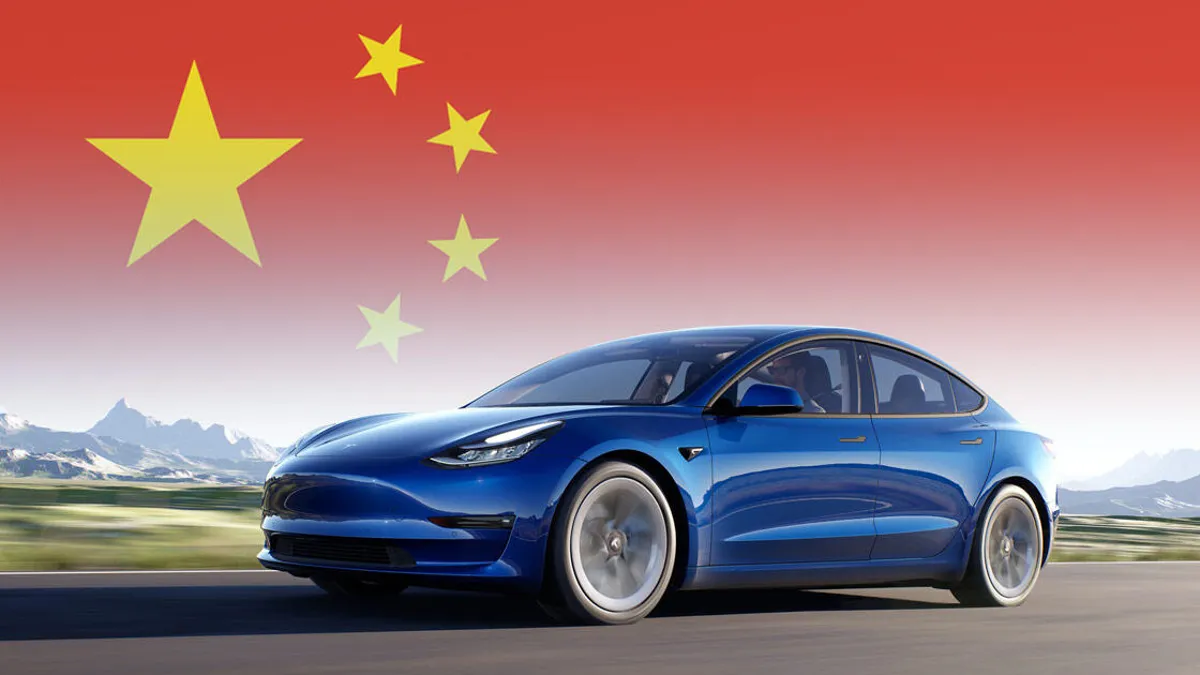
Reading Between the Lines
- Tesla's presence in China has spurred innovation and competition within the domestic EV market. By transitioning to locally sourced batteries and components, Tesla inadvertently facilitated the development of technologies now adopted by Chinese EV manufacturers, including BYD (Build Your Dreams).
- Despite BYD briefly surpassing Tesla as the world's leading EV seller in the previous quarter, Tesla reclaimed its position during the first quarter of this year, although BYD remains dominant in the Chinese market.
- These indigenous manufacturers now pose a formidable challenge to Tesla's global dominance.
- Simultaneously, Tesla's substantial reliance on the Chinese market for production and revenue places Musk in a precarious position amidst fluctuating US-China relations.
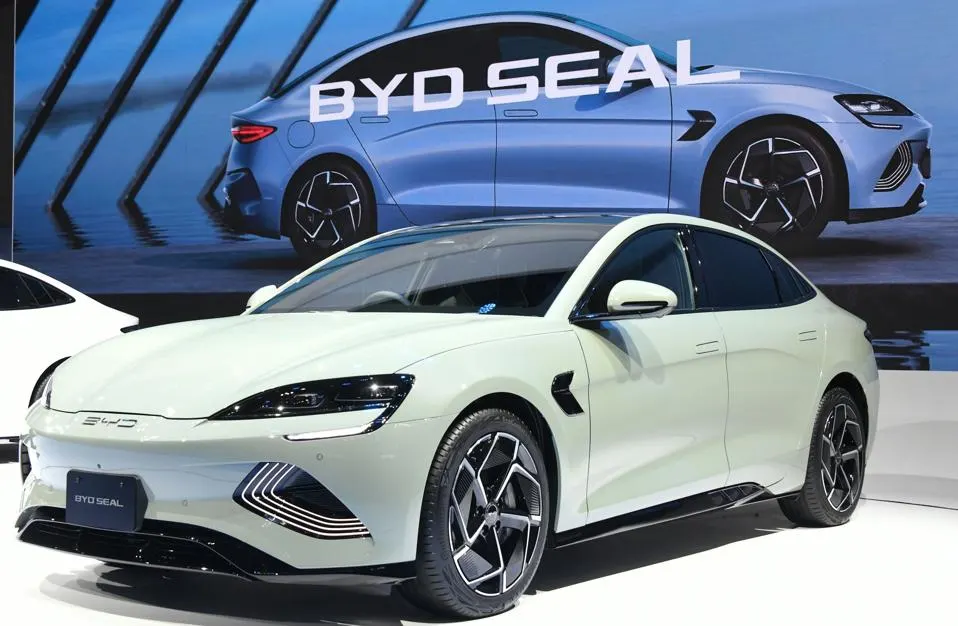
Future Outlook
- The trajectory of Tesla's operations in China is poised to significantly influence Musk's ventures, impacting not only the automotive and tech sectors but potentially shaping US security interests.
- Bill Russo, founder of Shanghai-based consultancy Automobility, contends that China's objective is not to ensure Tesla's victory but rather to foster domestic industry competition, as stated in The Wall Street Journal.
![]()
Tesla's Struggle for Survival
- Arriving in Beijing on a SpaceX-owned Gulfstream aircraft, Musk's discussions centered on Tesla's software initiatives, notably the Full Self-Driving (FSD) system. Tesla seeks regulatory approval for FSD, which faces scrutiny in China over camera-based driver-assistance functions.
- Despite plans outlined in Tesla's recent earnings call to introduce FSD as a supervised autonomy solution pending regulatory clearance, Tesla faces stiff competition in China's EV sector. Local players emphasize advanced driver-assistance systems (ADAS) as competitive advantages.
- Premier Li's assurances at the Beijing Auto Show of fostering a fair playing field for foreign companies come at a critical time for Tesla, adjusting pricing strategies in key markets like the US and China to maintain competitiveness.
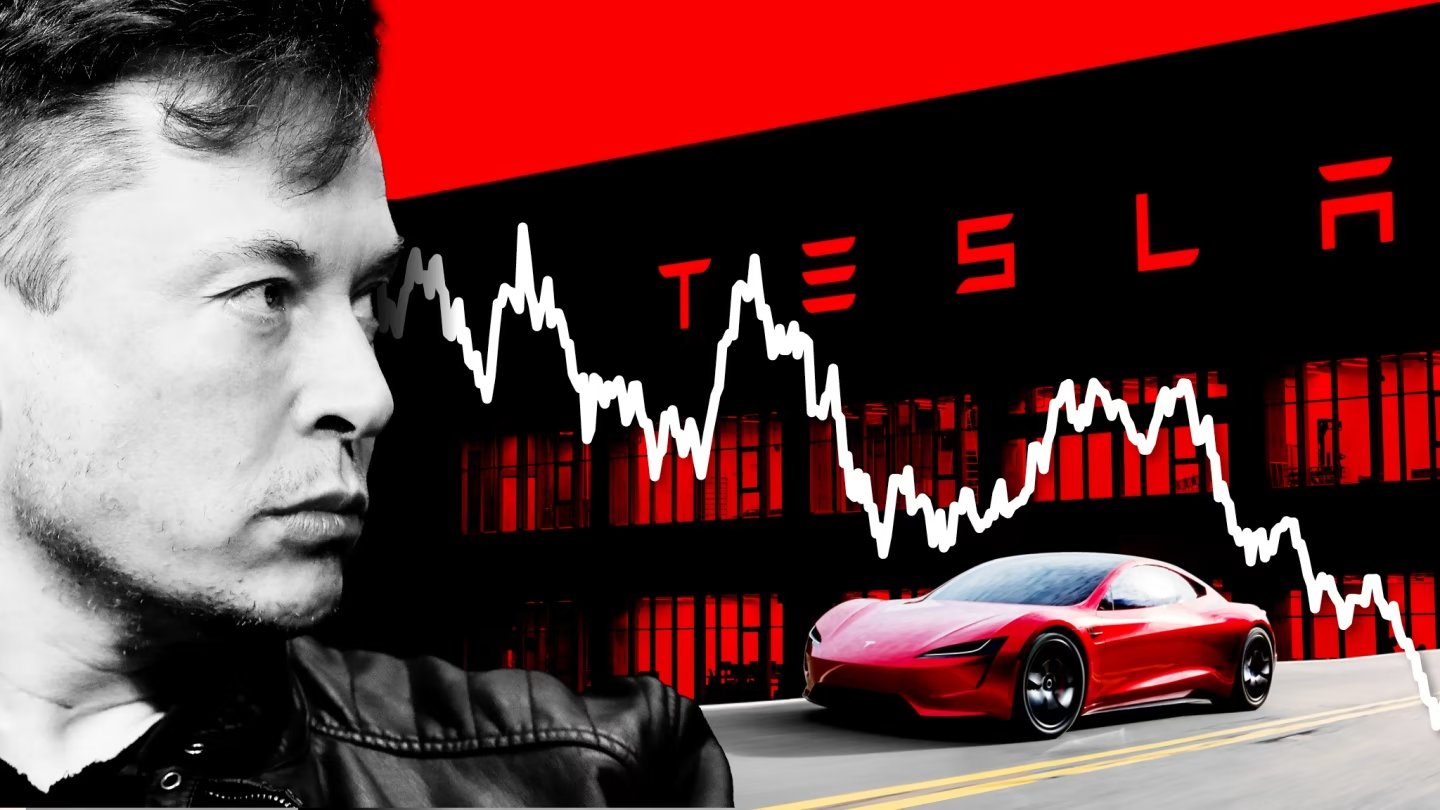
China's Role in Tesla's Fate
Amidst challenges, Tesla's Shanghai factory remains its most productive globally. Musk lauded the efforts of the Chinese team during talks with Premier Li, highlighting China's crucial role in Tesla's global manufacturing network. Reports suggest Tesla's recent workforce reductions included canceling offers to Chinese graduates, reflecting efforts to streamline operations amid market uncertainties and regulatory complexities. Musk's strategic discussions with Chinese officials underscore Tesla's long-term growth strategy hinged on the Chinese market, demonstrating proactive measures to address regulatory hurdles and intense competition in China's dynamic EV landscape.
As Elon Musk jets off to China for unexpected talks with Premier Li Qiang, his canceled rendezvous in India leaves questions lingering about Tesla's global strategies. Amidst challenges and opportunities, Musk's engagement with China underscores the complex interplay between business, geopolitics, and innovation shaping Tesla's future.
With inputs from agencies
Image Source: Multiple agencies
© Copyright 2024. All Rights Reserved Powered by Vygr Media.

